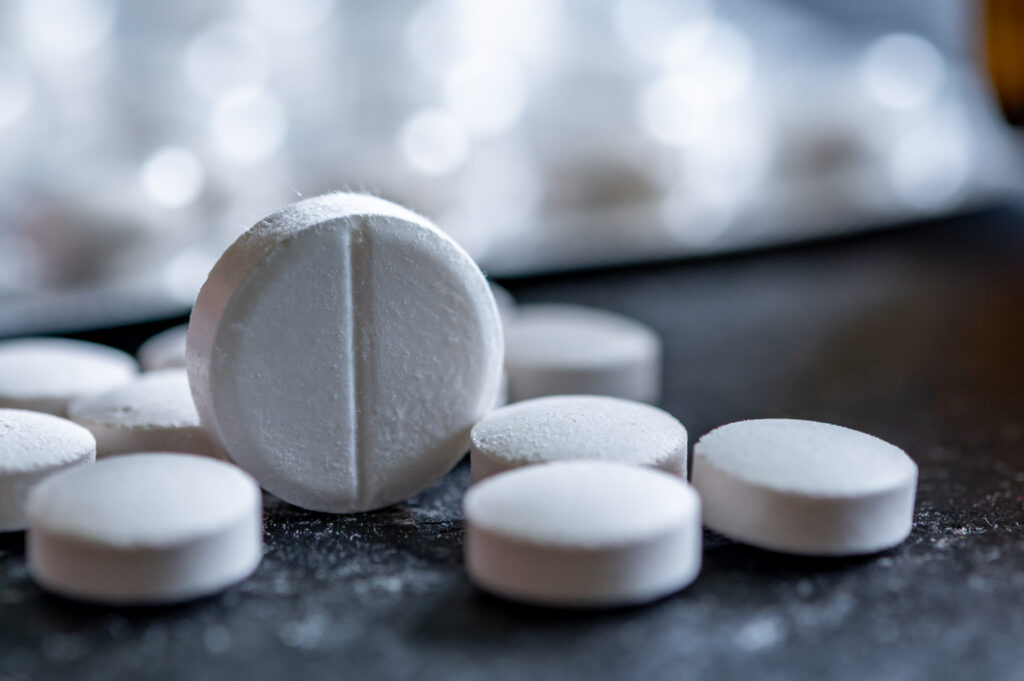A major Swedish trial has shown that taking a low daily dose of aspirin after surgery can significantly reduce the risk of colorectal cancer returning in patients with certain genetic mutations.
The study, led by Prof. Anna Martling at the Karolinska Institute, found that patients whose tumours had mutations in the PI3K pathway were 55% less likely to experience a recurrence when taking 160mg of aspirin daily for three years compared with those taking a placebo. Around 40% of colorectal cancer patients have these mutations.
The protective effect is thought to result from aspirin’s ability to reduce inflammation, interfere with the PI3K pathway, and inhibit platelets that can shield tumour cells from the immune system.
The trial included over 3,500 patients from Sweden, Norway, Denmark, and Finland. Genetic testing identified 1,103 patients with the relevant mutations.
While aspirin is inexpensive and widely available, long-term use carries risks. In the trial, four patients experienced severe adverse events potentially linked to aspirin, including gastrointestinal bleeding and allergic reactions, and one death was possibly related to the drug.
Prof. Martling emphasized the importance of genetic testing to identify patients who could benefit most, calling aspirin “a widely available drug that is extremely inexpensive.”
Dr. Catherine Elliott of Cancer Research UK highlighted that these findings, alongside previous studies such as the CaPP3 trial in Lynch Syndrome patients, reinforce the potential of aspirin as a preventative treatment for certain high-risk groups. She added that further high-quality studies are needed to define which patients are most likely to benefit.
The full trial details are published in the New England Journal of Medicine.


